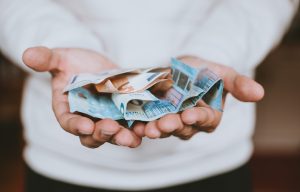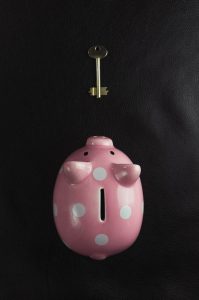Foreign exchange or forex is the process of buying and selling currencies of different countries. Forex trading takes place in the global market, which is decentralized and operates 24/7. The forex market is the largest financial market in the world, with an estimated daily turnover of $5.3 trillion. Due to its size and importance, governments across the world have taken measures to control forex trading in their respective countries. In this article, we will explain how governments control forex and why it is necessary.
Governments control forex through regulations and policies. The primary objective of these regulations is to maintain stability in the forex market, prevent fraud, and protect investors. Governments use different methods to regulate forex, such as setting exchange rates, imposing capital controls, and regulating forex brokers.
Exchange rates are one of the primary methods used by governments to control forex. Exchange rates are the value of a currency in relation to another currency. Governments can set the exchange rates either through a fixed or floating exchange rate system. In a fixed exchange rate system, the government sets the value of its currency in relation to another currency. For example, China uses a fixed exchange rate system, where the value of its currency, the yuan, is pegged to the U.S. dollar. This system provides stability in the forex market and helps to prevent currency speculation.
In a floating exchange rate system, the market determines the value of a currency. However, governments can intervene in the market to stabilize the exchange rate if necessary. For example, if a currency is weakening, the government can buy its currency to increase the demand and stabilize the exchange rate. Similarly, if a currency is strengthening, the government can sell its currency to decrease the demand and stabilize the exchange rate.
Capital controls are another method used by governments to control forex. Capital controls are restrictions on the flow of capital in and out of a country. These controls are used to prevent excessive speculation, protect the domestic economy, and maintain stability in the forex market. Examples of capital controls include limits on the amount of money that can be transferred abroad, restrictions on foreign investments, and restrictions on the purchase of foreign currency.
Regulating forex brokers is another way governments control forex. Forex brokers are companies that provide individuals and institutions with access to the forex market. Governments regulate forex brokers to ensure that they operate in a fair and transparent manner, and to protect investors from fraud. Regulations include licensing requirements, capital requirements, and rules on client funds’ segregation.
In conclusion, governments control forex through regulations and policies. These regulations are necessary to maintain stability in the forex market, prevent fraud, and protect investors. Governments use different methods, such as setting exchange rates, imposing capital controls, and regulating forex brokers, to control forex. The forex market is a vital component of the global economy, and governments’ role in regulating it is crucial to ensure its stability and sustainability.





